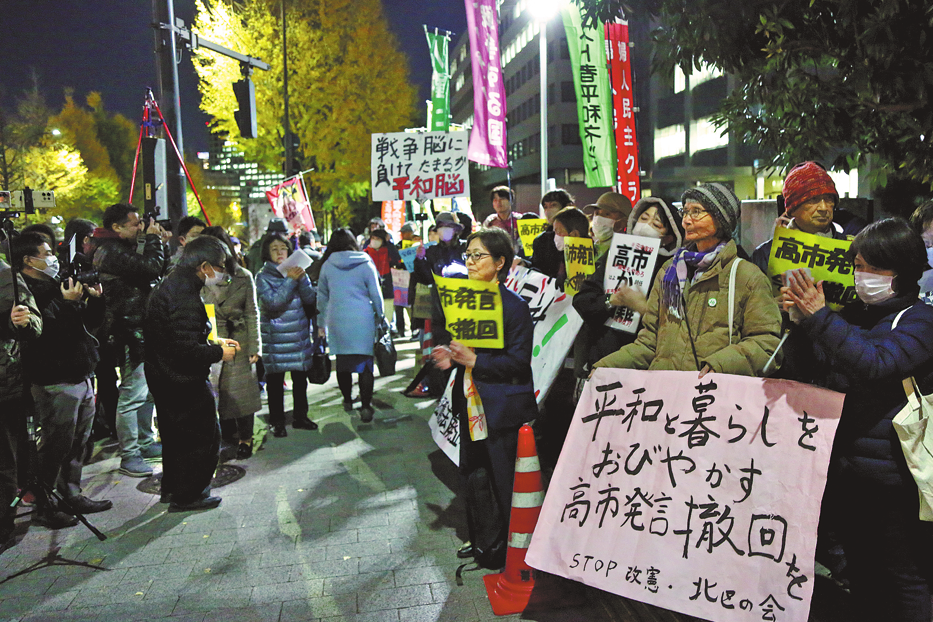Devices powered by the sun illuminate the path to learning from a distance

Solar-powered devices have enabled distance learning and closed the education gap for girls in Africa, as the COVID-19 pandemic forced schools to shut and kept millions of students out of classrooms worldwide.
Before lockdowns were enforced, millions of girls were not being educated at schools in Africa and South Asia, according to the UN. For example, in Nigeria some 5.5 million girls were not having a school education, while in Ethiopia, the figure was more than 1 million.
While this situation differs between countries, 56 percent of the children not being educated at school worldwide are girls.
When schools started to close two years ago due to the pandemic, technology was the only option for families adapting to distance learning.
Across the world, appliances such as radios, televisions and computers are enabling students to remain engaged with their coursework to meet learning targets.
With children helping with the growing burden of domestic chores, access to such technology can close the education gap for girls and support lessons at home.
However, in sub-Saharan Africa, up to 80 percent of students lack internet access and TVs and radios for learning opportunities, unlike their peers in developed countries, according to GOGLA, a global association for the off-grid solar energy industry.
Governments have recognized and promoted the use of off-grid solar-powered technologies to enhance learning opportunities for students not attending school.
In Uganda, the Daily Monitor newspaper reported that President Yoweri Museveni unveiled a plan in June 2020 to obtain 137,000 solar TVs and 10 million solar radio sets to support distance learning.
In Rwanda, the government is supporting the rapid adoption of solar-powered systems for home education. In addition to Rwanda, state-owned networks in Cote d'Ivoire, Ethiopia and Kenya are broadcasting lessons via SMS, television and radio.
Bringing education into the home will better allow girls to take part in school activities when physical distance or domestic chores present a barrier.
A recent survey of nearly 4,000 solar TV users in East Africa by Efficiency for Access found that 96 percent of respondents felt that their knowledge or awareness of current affairs, politics and general knowledge had improved due to television. Efficiency for Access is a global coalition working to promote high-performing appliances that enable access to clean energy for the world's poorest people.
Li Xia, the founder of Shenzhen Power-Solution Ind Co in Guangdong province, said that before the pandemic emerged, off-grid solar power technologies helped girls improve their education.
"Traditional forms of energy such as candles can be used up quickly and are more expensive, so parents in Africa use them as little as possible at night, meaning there is not much time for children to learn after sunset," Li said.
With solar-powered lamps, children can learn when they want, Li said, adding that as a result girls will also have more access to education, which in turn will bring additional economic benefits to their families.
































